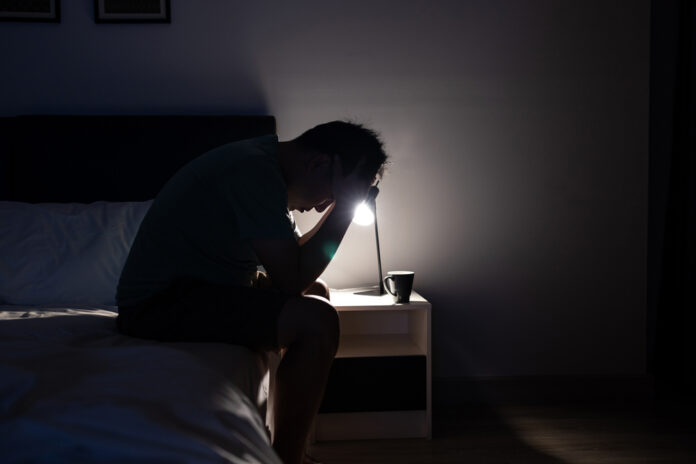
Insomnia is a condition in which people have trouble falling asleep or staying asleep. Insomnia has many negative health effects, including increased risk of depression.
The most important thing to know about insomnia is that it is a symptom, not an underlying cause. To treat your insomnia, it is essential to figure out what the cause of your sleeping issues are. There are also causes for insomnia that may require immediate attention, including diabetes and heart disease.
Before you seek medication — but not before you talk to your doctor — there are some other steps you can take to try to regulate your sleep.
- Exercise. Regular physical activity for 20 minutes or more each day, five hours or more before you plan on sleeping, can really help you get to sleep. In many cases, it has been the best strategy to help improve sleep quality. Talk to your doctor before starting any kind of new exercise regimen, and let them know about your sleeping issues while you’re there.
- Increase your exposure to sunlight. Sunlight can help with melatonin production in your body, which can help regulate sleep.
- Avoid Naps. Naps are great. They are healthy, can improve clarity and improve energy levels. But everybody is different. And if you’re taking regular naps, it’s possible that they are affecting your nightly sleep.
- Turn the TV and radio off. Many people have developed a “crutch” to falling asleep: falling asleep with the TV or radio on. And while this may seem harmless, it impacts the quality of your sleep and can actually lead to further sleep problems.
If these solutions don’t work, your doctor may suggest medications to treat your insomnia. This should not be your first solution to this issue, but some cases require it. And in those cases, it can greatly benefit those suffering from insomnia.


















